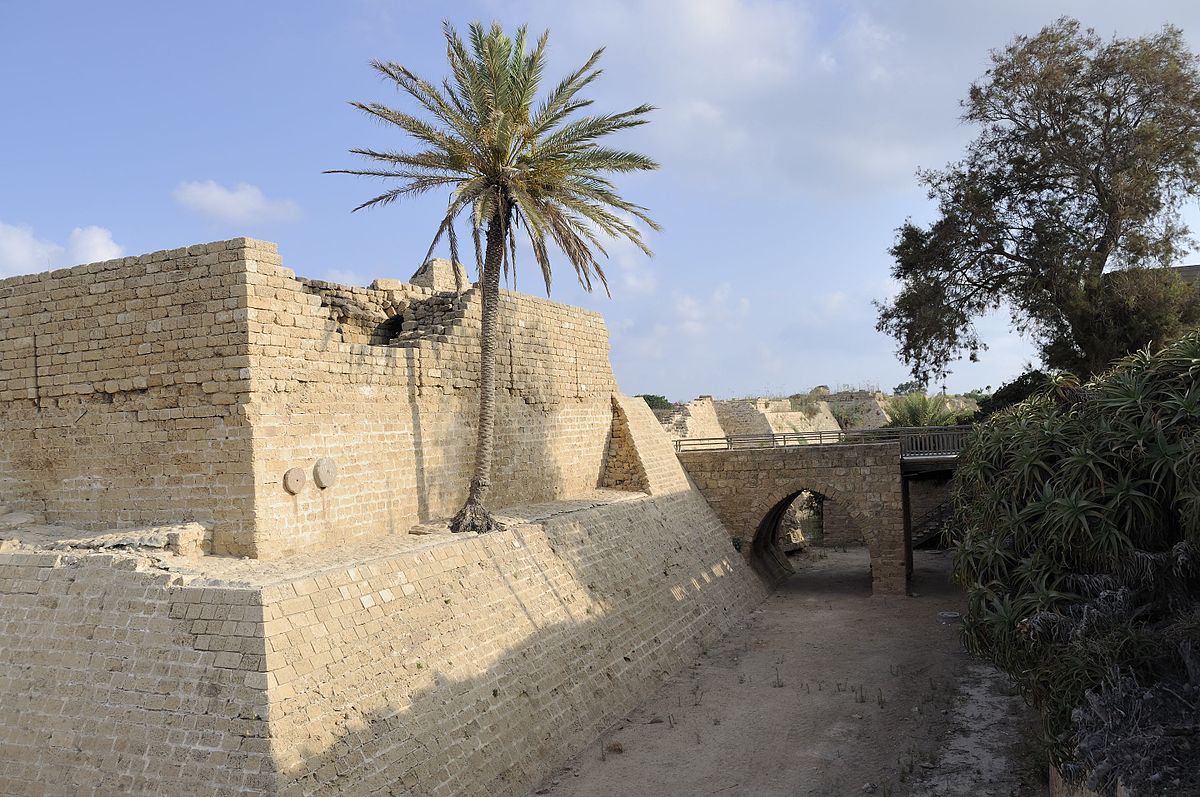10 July. Governor Festus tries to make sense of Paul's case
"A few days later King [Herod] Agrippa [II] and [his sister] Bernice came to Caesarea to visit Festus. They stayed there for some time, and [Governor] Festus told the king about Paul's case."
"Festus said, 'There is a man that [Governor] Felix left in prison [before I arrived]. When I went to Jerusalem, the leading priests and the Jewish elders there made charges against him, asking me to sentence him to death. But I answered, "When a man is accused of a crime, Romans do not hand him over until he has been allowed to face his accusers and defend himself against their charges."'"
"'So when these Jews came here to Caesarea for the trial... the Jews stood up and accused him, but not of any serious crime as I thought they would. The things they said were about their own religion and about a man named Jesus who died. But Paul said that he is still alive... he asked to be kept in Caesarea. He wants a decision from the emperor...'"
"Agrippa said to Festus, 'I would also like to hear this man myself.'... The next day Agrippa and Bernice appeared with great show... Then Festus ordered the soldiers to bring Paul in."
"Festus said, 'King Agrippa and all who are gathered here with us, you see this man... When I judged him, I found no reason to order his death... But I have nothing definite to write to the emperor about him. So I have brought him before all of you - especially you, King Agrippa. I hope you can question him and give me something to write. I think it is foolish to send a prisoner to Caesar without telling what charges are against him.'"
(Acts 25:13-27)

King Herod Agrippa II (the son of Herod Agrippa I, who had been given the territories of Ituraea, Trachonitis, and Abilene, the old kingdom of Lysanius, by Governor Felix) and his sister Bernice (the widow of King Herod of Chalcis) arrived in Caesarea to pay the new Roman governor a courtesy visit.
Agrippa (who had no doubt heard about Paul from his sister Drusilla, the wife of the previous governor, Felix) asked to meet Paul and to hear his case.
Governor Festus, who had only been in post a few weeks, couldn't understand the case that the Jewish leaders and elders in Jerusalem were trying to bring against Paul. He had grasped that it was something about the Jewish religion; about a man, Jesus, who the Jews said was dead, but who Paul said was alive. But he couldn't see how this merited the death penalty.
So Festus asked King Agrippa (who, as a grandson of King Herod the Great, knew much more about Judaism) to see if he could advise him what to write to Emperor Nero.
This gave Paul yet another opportunity to talk about his faith in Jesus - which we'll explore tomorrow.
The photo shows the city walls of Caesarea (by DerHexer).
You can read more about Paul in Caesarea @ https://www.thebiblejourney.org/…/paul-appeals-to-emperor-…/
